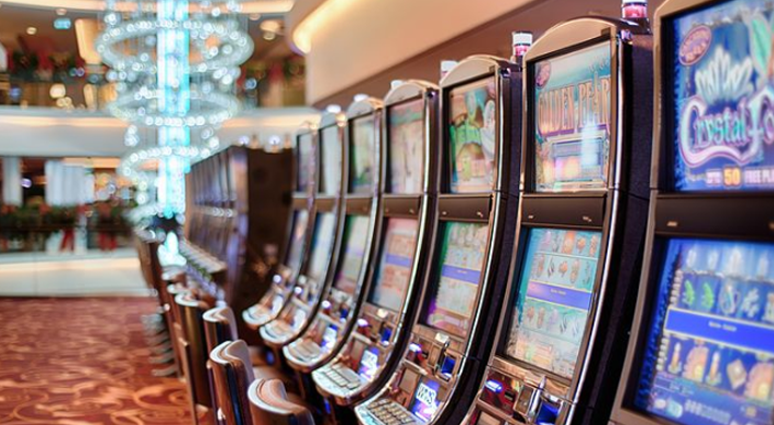It is estimated that more than two percent of adults and between three and eight percent of teens, college students and young adults suffer from gambling disorder. (Splevins et al., 2010; Griffiths, 2006) There is a definite distinction between this disorder and social gambling. (APA 2013) Gambling disorder is defined less by the amount of time and money spent gambling than it is by the behavior’s addictive nature. (Carragher & McWilliams, 2011)
Losses Strengthen the Addiction
People with this disorder are deeply preoccupied with gambling, and typically cannot walk away from a bet. In many cases, repeated losses of money lead to more and more gambling in an effort to recover those losses. The gambling continues without regard for financial, employment, educational, or health problems.
You may already have a gambling disorder if four or more of he following symptoms are persistent and recurring in a 12-month period:
- You have the need to gamble with increasing amounts of money to achieve the desired feeling of excitement.
- You feel irritable or restless when trying to stop or reduce your gambling.
- You have a series of unsuccessful efforts to reduce, control or stop gambling.
- You are frequently preoccupied with gambling.
- You frequently gamble when feeling stressed or anxious.
- You return to gambling frequently in an effort to recover losses.
- You lie to conceal the extent of your gambling.
- You jeopardize or have lost a significant relationship, job, career or educational opportunity because of gambling.
- You rely on others for money to relieve your gambling-induced financial problems.
- You have stolen or misappropriated money to cover gambling losses.
(Based partly on APA 2013, 2012)
Explanations for gambling disorder often parallel those offered for substance abuse disorders. Studies suggest, for example, that some people may have a genetic disposition to developing the disorder; experience heightened dopamine levels and activity in the brain’s reward/pleasure center; (Balodis et al., 2013; Conversano et al., 2012) have impulsive novelty-seeking and other personality styles that make them prone to gambling disorder; (Slutske et al, 2012) have repeated inaccurate expectations and misinterpret their emotions and heuristics. Research for causes of gambling disorder are continuing.
If you feel that you have gambling disorder or addiction, we encourage you to contact Gamblers Anonymous. Individuals wo attend such groups seem to have a heightened recovery rate.
This report is not a diagnosis. We hope this information can guide you toward improving your life.
Review our Knowledge Base or the links displayed on this page for similar and related topics.

